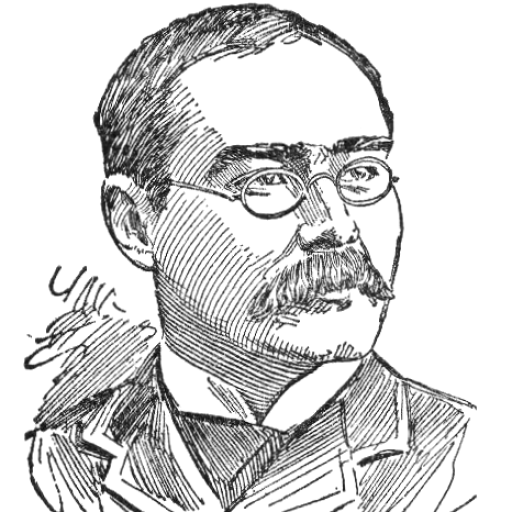I am o’ service to my kind …
A common thread through Kipling’s poetry is the importance of service – the Christian teaching that one serves God by working for the benefit of one’s fellow human beings without asking for a reward, that “whoever would be great must serve the others … whoever humbles himself shall be exalted”. This theme is perhaps most beautifully expressed in ‘The Bell-Buoy’ – the story of a humble mechanism that finds fulfilment in doing a thankless job without expecting recognition; but would not change his lot with his prestigious brother, the church-bell.
Like the unassuming bell- buoy, everyone- no matter how modest their qualifications or who low their position – can be of service to others, and become better persons by serving. This theme is underscored in ‘The Glory of the Garden’ where, however thin our legs or weak our hands, we can “find some needful job that’s crying to be done“. In ‘Gunga Din’ we read how the humble Indian water carrier met his death bringing water and tending the wounded. The narrator of this poem, when reflecting on Gunga Din’s life and his own, is moved at the end to admit. “You’re a better man than I am, Gunga Din!”
People through the ages have believed that service to others has such virtue that an hour of endangering or sacrificing one’s life for the good of others can compensate for a whole lifetime of iniquity. The Hebrew sages have said, “Some gain their whole world in a single hour”. This is the theme of ‘Giffen’s Debt’. And like Giffen, Bisesa, -the protagonist of ‘The Sacrifice of Er-Heb’ – voluntarily sacrificed her life to save the people close to her.
The most usual kind of service, however, is not service to humanity in general but to a specific person – to one’s leader. This loyalty to a leader is exemplified in ‘Song of the Red War-Boat’, where the men risk their lives as a matter of course by sailing out into the night and storm to save their shipwrecked chieftain.
The theme of service merges with the theme of travel and discovery in ‘The Explorer’, the story of a lone frontiersman who against all odds managed to cross the US Western Desert and discover the Pacific Northwest, for the benefit of countless settlers. In this he found self-realization without asking for any other reward or recognition:
These are tales of service by individuals or small groups – the bell buoy, Gunga Din, Biesa of Er-Heb (who like Giffen, sacrifices her own life to save the community), the Explorer, the gardeners, or the crew of the Red War-Boat. Another kind of service is when a whole nation or indeed the whole group of industrialized nations is called upon to put their efforts and resources at the service of less fortunate nations. This is the theme of Kipling’s poem that most people love to hate – ‘The White Man’s Burden’. Though much of the terminology of this poem is outdated (starting with the title), its message is more pertinent than ever. In the rapidly shrinking world of the twenty-first century, not only a sense of responsibility and concern for others, but enlightened self-interest calls on the industrialized democracies to “send forth the best ye breed – … to serve …”

